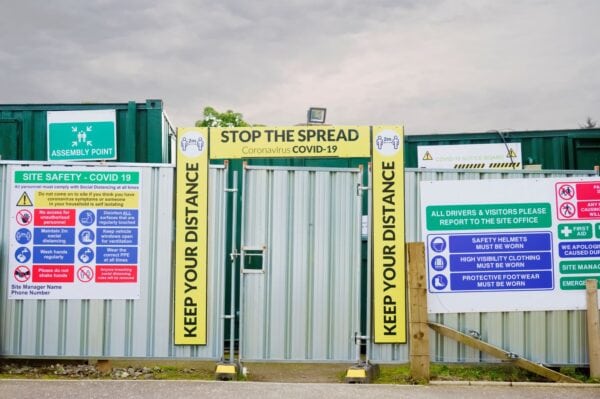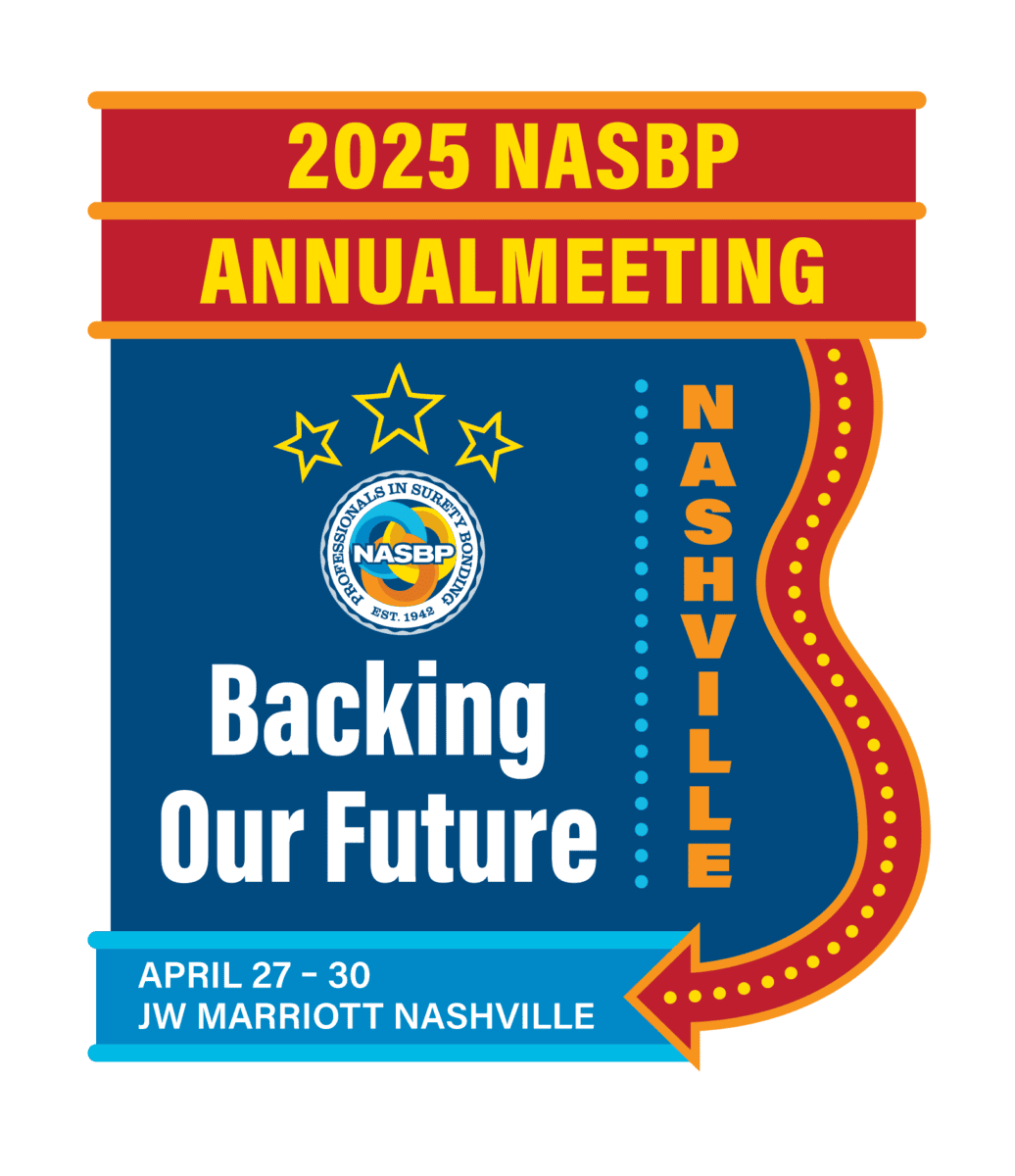By Lori Ann Lange of Peckar & Abramson, P.C.
Published June 14, 2021
 In an earlier Peckar & Abramson blog, we wrote about the Civilian Board of Contract Appeals’ (CBCA) decision denying a contractor’s claim for the costs of demobilizing from a construction site due to concerns about performing work during an Ebola virus outbreak in Appeal of Pernix Serka Joint Venture v. Department of State, CBCA No. 5683 (April 22, 2020). The Pernix case was of interest to many government contractors because it was an indication of how the Government was likely to respond to contractor claims for additional costs due to COVID-19.
In an earlier Peckar & Abramson blog, we wrote about the Civilian Board of Contract Appeals’ (CBCA) decision denying a contractor’s claim for the costs of demobilizing from a construction site due to concerns about performing work during an Ebola virus outbreak in Appeal of Pernix Serka Joint Venture v. Department of State, CBCA No. 5683 (April 22, 2020). The Pernix case was of interest to many government contractors because it was an indication of how the Government was likely to respond to contractor claims for additional costs due to COVID-19.
In Pernix, the contractor sought to recover its additional costs resulting from a shutdown and remobilization due to an Ebola outbreak. The contracting officer had provided the contractor with a time extension but denied the contractor’s cost claim stating that there was no contractual basis for a price adjustment. The contractor appealed the contracting officer’s final decision to the CBCA, which ultimately granted the Government’s motion for summary judgment and dismissed the appeal.
The CBCA held that the Default clause, FAR 52.249-10, explicitly addressed how acts of God, epidemics, and quarantine restrictions were to be treated – the contractor was entitled to additional time, but not additional costs. It held that the contractor had not identified any clause in the contract that served to shift the risk to the Government for any costs incurred due to an unforeseen epidemic and rejected the contractor’s arguments that there was a constructive change to the contract. As the contract was firm, fixed-priced, the CBCA concluded that the contractor bore the additional costs of contract performance even if the contractor did not contemplate dealing with an Ebola outbreak at the time it submitted its proposal or at contract award.
The contractor filed an appeal with the Court of Appeals for the Federal Circuit. Among other arguments, the contractor asserted that the CBCA erred when it dismissed the contractor’s constructive change claim. The contractor argued that it was pressured by the Government to resume work as soon as possible. On July 9, 2021, the Federal Circuit summarily affirmed the CBCA’s decision. The Federal Circuit’s decision seems to confirm that contractors seeking to recover for COVID-19 costs will have a difficult time recovering money from the Government absent an affirmative direction from the Government to make changes to the contract.
 Lori Ann Lange is Chair, Government Contracting & Infrastructure Practice in the Washington, DC office of the law firm Peckar & Abramson. She specializes in government contract law, bid protests, and corporate compliance counseling. She represents a range of government contractors, including construction contractors, major defense contractors, informational technology contractors, and service contractors. She can be reached at llange@pecklaw.com or 202.293.8815 ext. 7103.
Lori Ann Lange is Chair, Government Contracting & Infrastructure Practice in the Washington, DC office of the law firm Peckar & Abramson. She specializes in government contract law, bid protests, and corporate compliance counseling. She represents a range of government contractors, including construction contractors, major defense contractors, informational technology contractors, and service contractors. She can be reached at llange@pecklaw.com or 202.293.8815 ext. 7103.
Get Important Surety Industry News & Info
Keep up with the latest industry news and NASBP programs, events, and activities by subscribing to NASBP Smartbrief.




